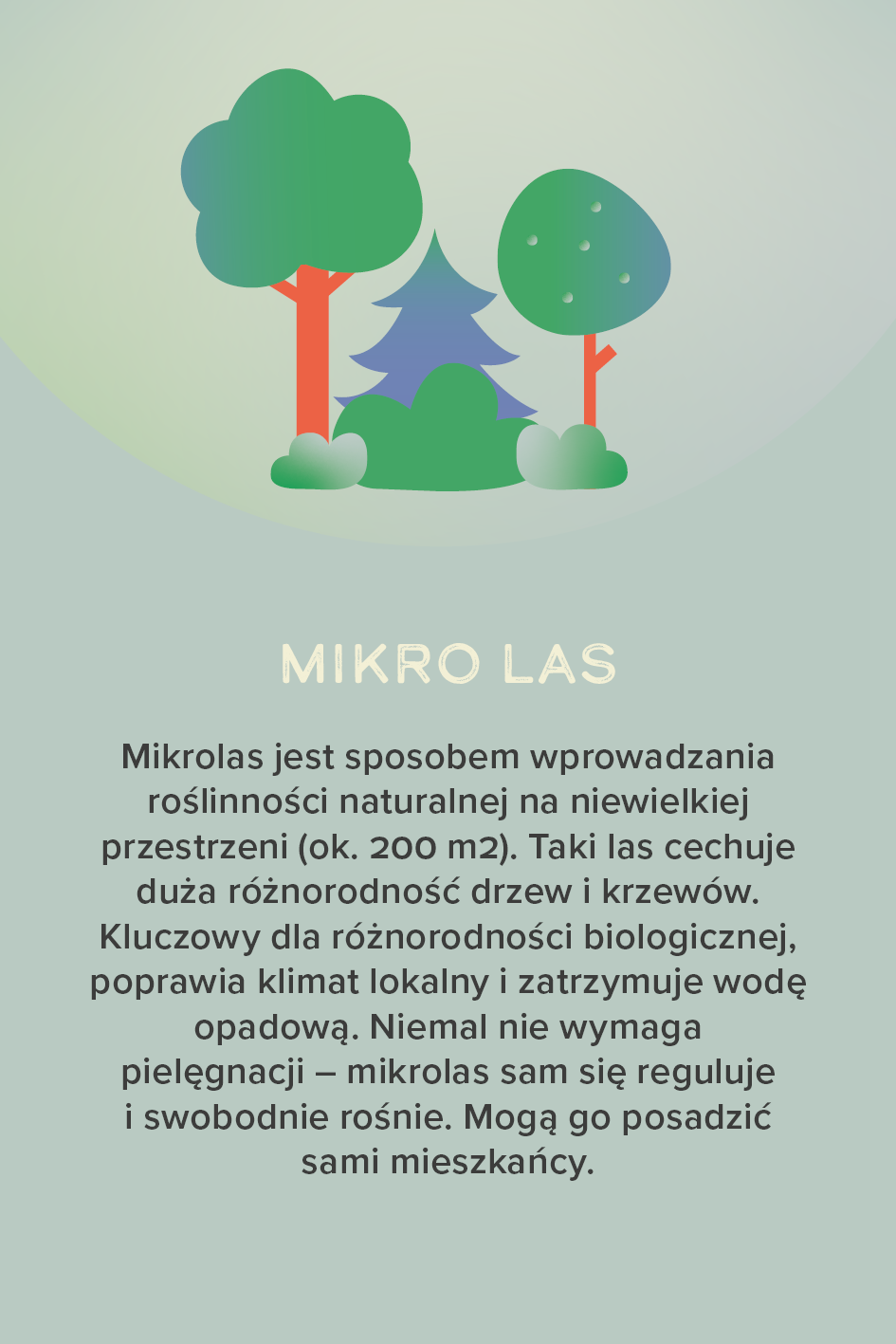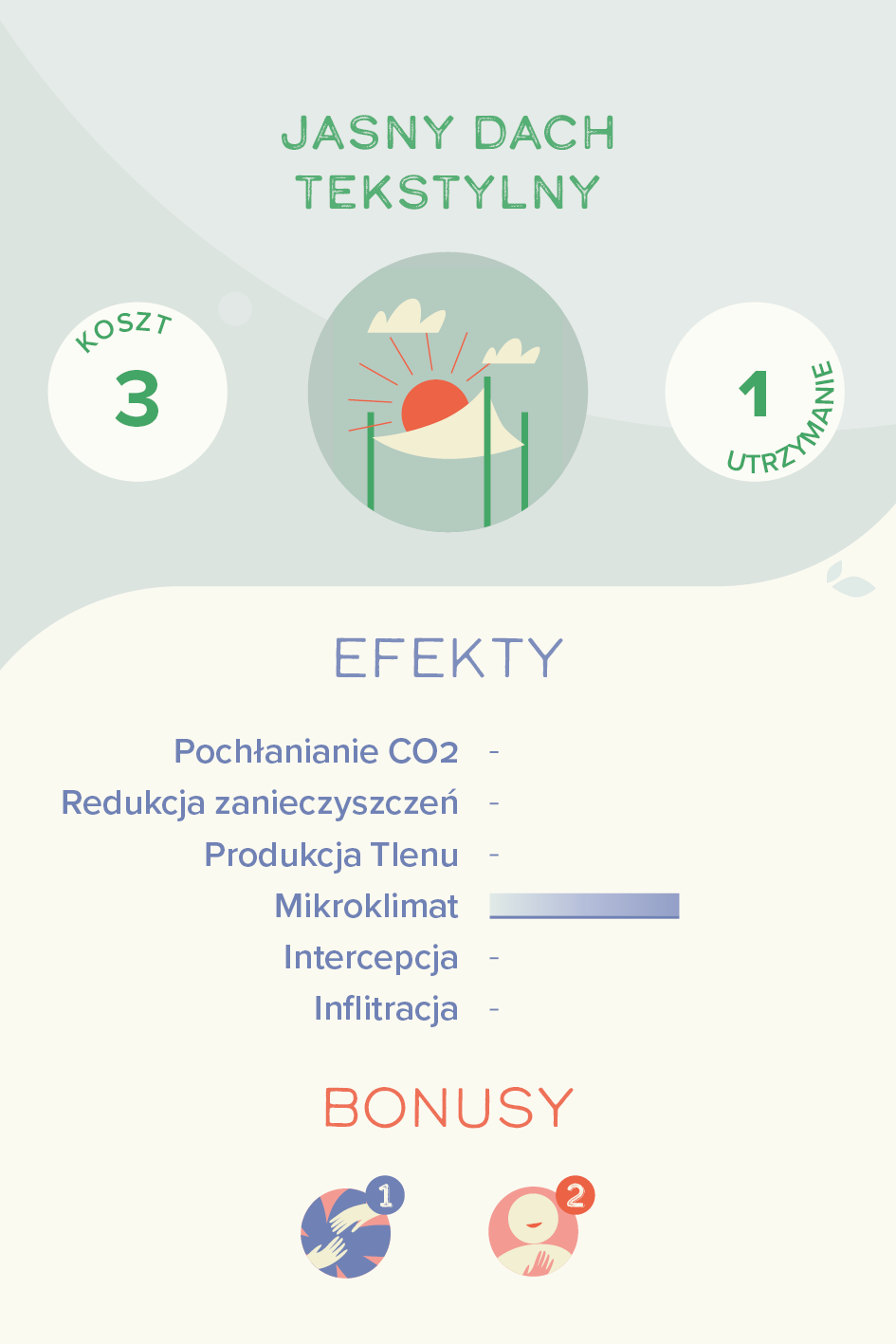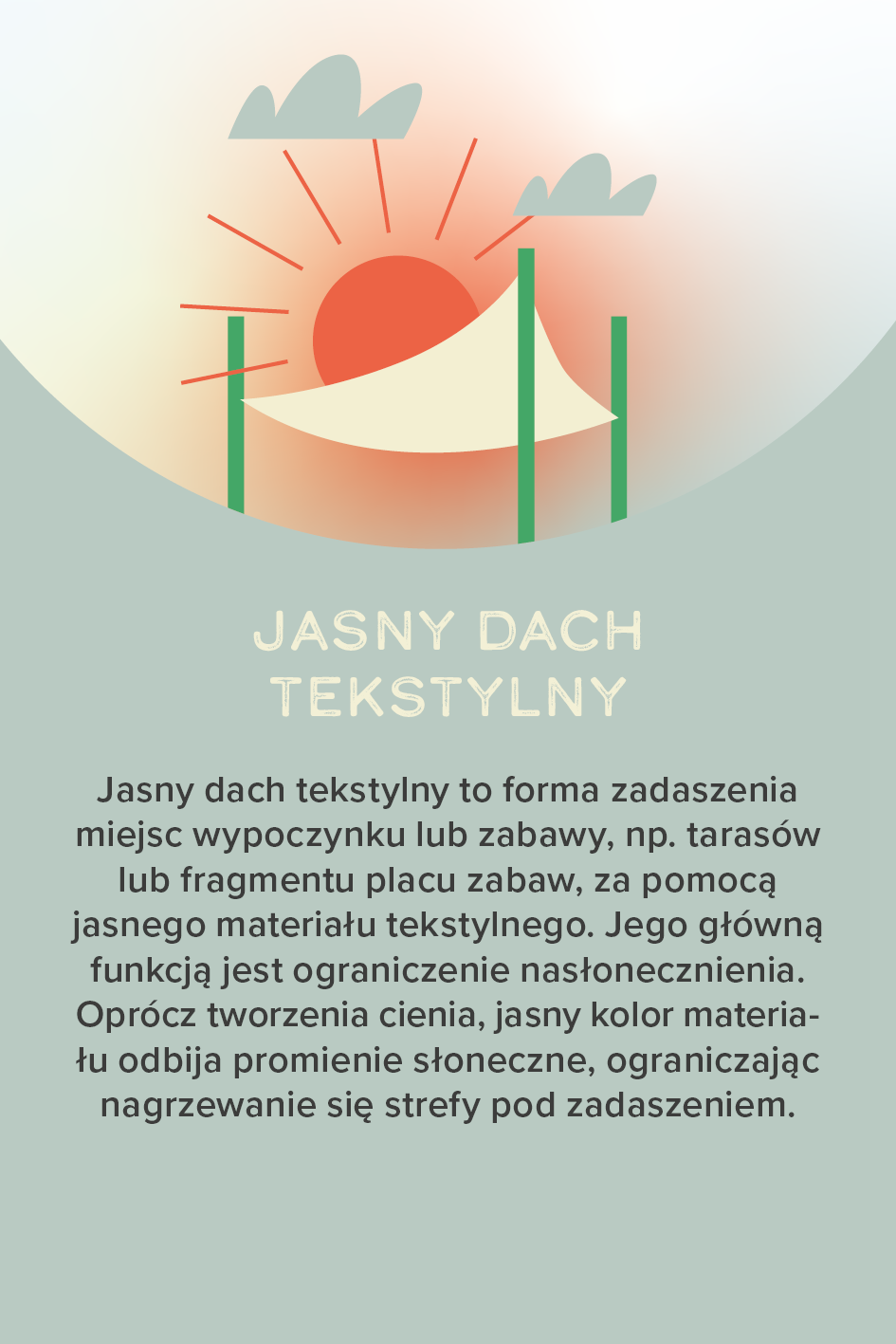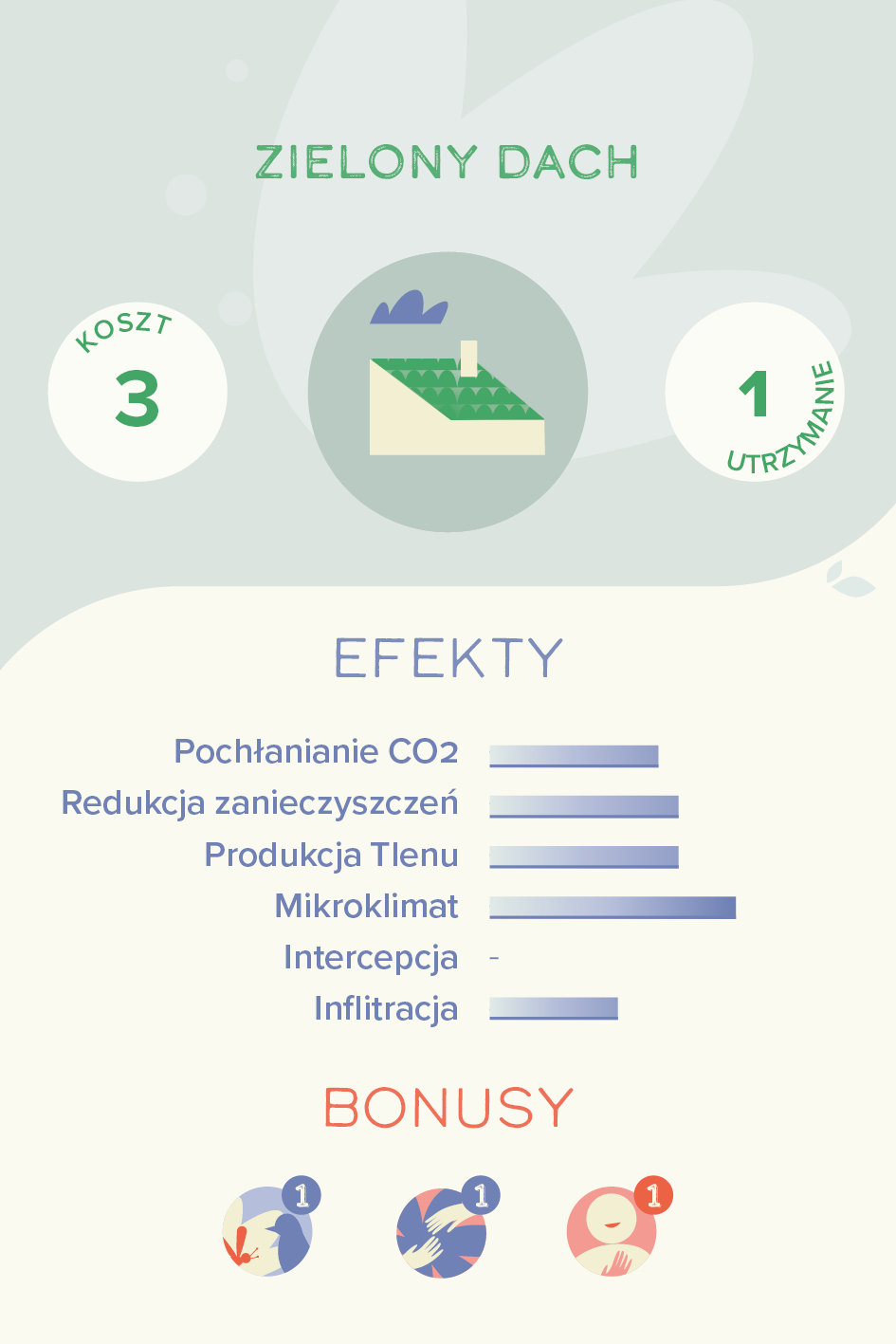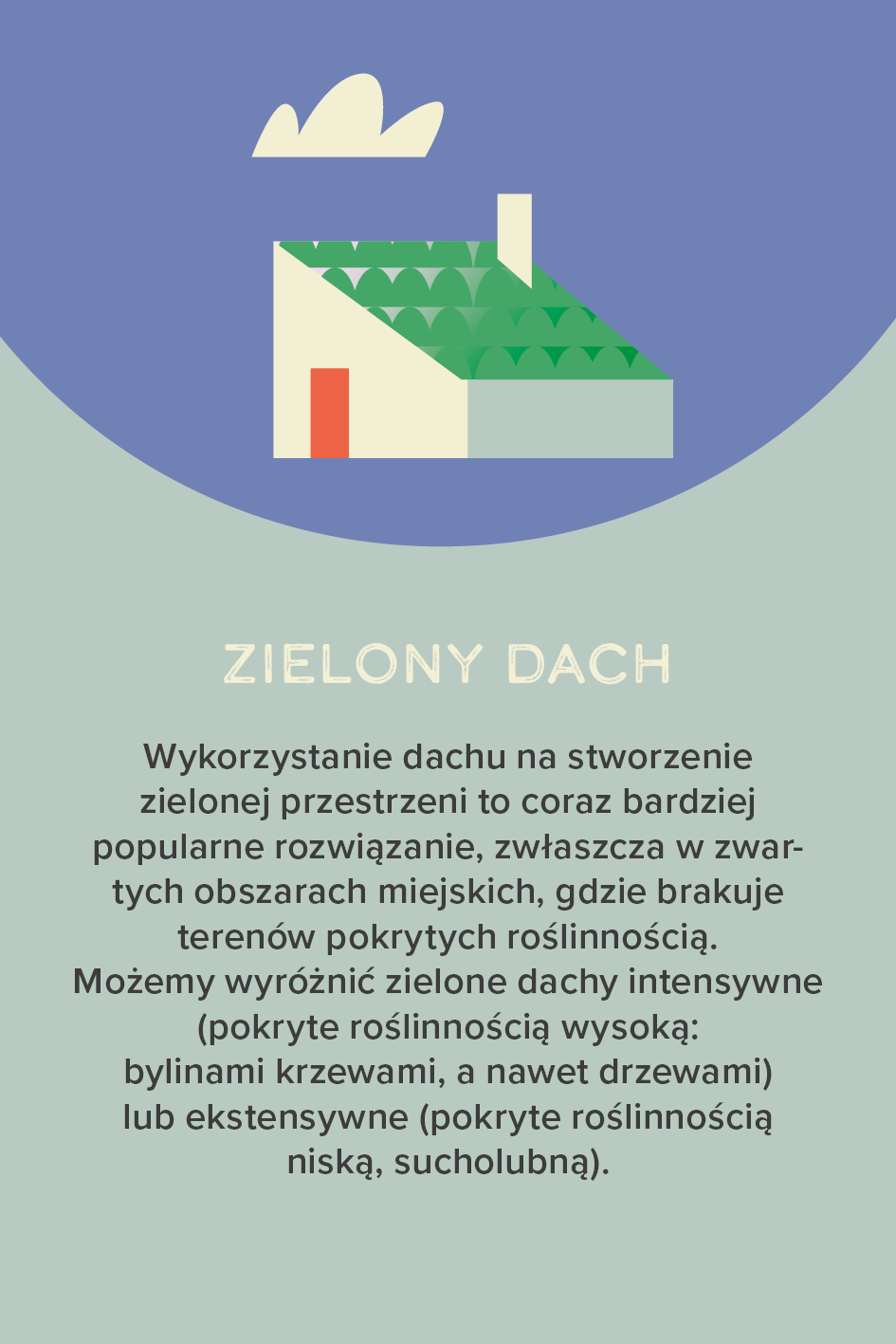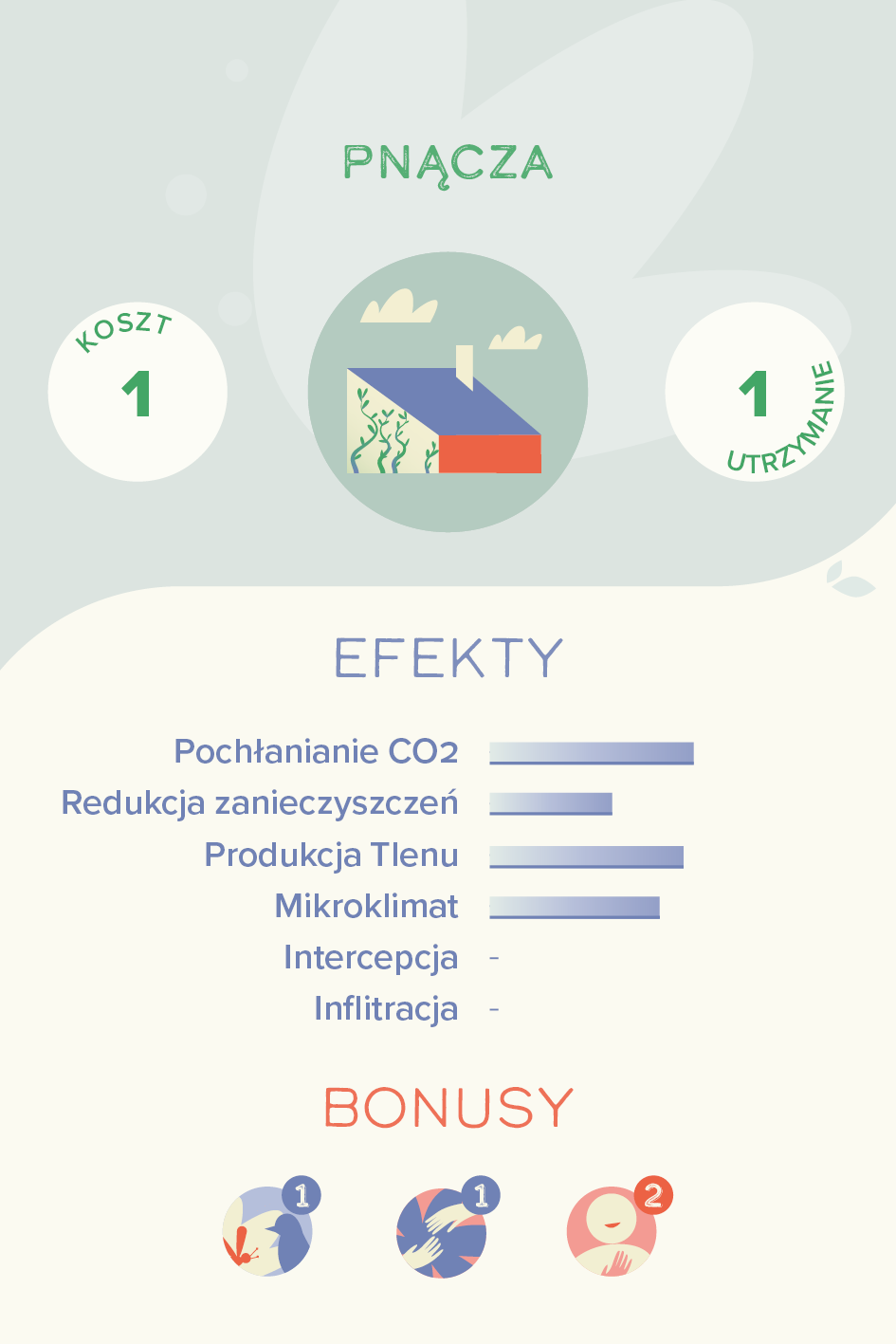What do we do in the CoAdapt project?
- We meet motivated local communities in various countries that are already actively working to adapt to climate change and learn from them how to best create a strong and integrated community, capable of taking up the challenges related to adapting cities to climate change from the bottom up.
- We document the best solutions supporting adaptation to climate change in housing estates and create a database of such good practices in the form of a map, so that residents of housing estates, as well as their managers and developers, know which solutions are the most effective.
- We design the so-called a serious game that will help residents learn what solutions they could use in their estate and at the same time bring significant natural, social and economic benefits. These solutions concern: green and blue infrastructure, including solutions based on nature (rain gardens or flower meadows), permeable surfaces, but also renewable energy and biodiversity.
- We are testing the game in 6 selected housing estates in Warsaw in the form of workshops, during which residents will jointly decide how they want to change the development of their estate. These housing estates have different structures: the layout of buildings and the share of areas covered with vegetation vary. Some of them are located within the so-called heat island, i.e. an area with increased temperature in the central part of the city, and is therefore highly exposed to climate change, others are located outside this area. As part of the experiment, each community in the tested estates will independently implement activities selected in the game, e.g. a rain garden or planting vegetation.
- We make the game available to other housing estates and other cities in Poland, we promote its use by motivating other local communities for climate change. We make the created game available online and as a phone application for other communities for the next 5 years.
Tasks in the CoAdapt project:
Phase 1
Development of game objectives
Phase 2
Creation of the game using the developed scenarios
Phase 3
Testing the game and adapting it to the Polish conditions
Phase 4
Workshops with local communities/users of the game
Phase 5
Social experiment – involving residents in adaptation activities
Phase 6
Evaluation of the game and monitoring its use

